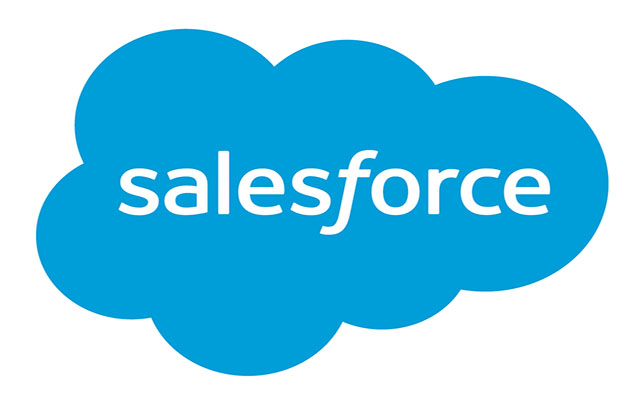San Francisco, Oakland Schools Expand Computer Science With $8.5 Million Salesforce Donation

Source: Salesforce.
Both San Francisco Unified School District (SFUSD) and Oakland Unified School District (OUD) scored funding from a technology company earlier this week to help expand their computer science and math curriculum. The $8.5 million donation from Salesforce is part of an ongoing effort to support college and career programs in surrounding area schools.
The San Francisco-based cloud-computing company will continue its four-year partnership with SFUSD and Mayor Ed Lee, as well as a new partnership with OUSD and Mayor Libby Schaaf. Of the $8.5 million donation, $6 million will go to SFUSD and $2.5 million will go to OUSD. Additionally, Salesforce is allocating $100,000 to the Principal’s Innovation Fund, a grant awarded to principals to address the needs of their schools. The grant will go to 21 middle school principals in SFUSD and six principals in OUSD.
Strengthening Existing Partnerships
SFUSD will use the donation to hire 10 math teachers and coaches to expand computer science instruction in all middle schools. Funding will also go to SFUSD’s Assistive Technology Innovation Center to provide assistive technology for special education students.
"We have already seen the impact of Salesforce.org's investment in our school district through improved test scores and a higher level of student engagement," said Lee, in a statement.
"Our partnership with Salesforce has enabled SFUSD to dramatically improve learning opportunities for our students in math and computer science," said Richard Carranza, SFUSD superintendent, in a statement. "This is what it will take for our students to be able to live, work and thrive in San Francisco."
Paving College and Career Pathways
OUSD will be piloting the Principal’s Innovation Fund and using the donation to create new pathways for students and increase retention rates. In recent years, Oakland Unified has seen close to 40 percent of its students drop out before graduation, according to the California Department of Education. In 2014, OUSD partnered with Code.org to introduce computer science education to all grade levels. Last year, the district partnered with Intel and launched a five-year program to teach computer science to high school students in Oakland.
The $2 million in funding allows OUSD to continue its efforts, paving the way for more STEM programming and more career pathways for communities that are traditionally underrepresented in STEM, like African-American and Latino students. A portion of the donation will help launch Future Centers, or school-based centers where advisors can help students develop a college and career plan. Future Centers are part of the Oakland Promise, a “cradle-to-career” initiative that aims to triple the number of college graduates in Oakland within the next decade.
“As a result of the partnership, the number of students with access to computer science classes, more personalized math instruction, and college and career support will dramatically increase," said Schaaf, in a statement.
In addition to providing financial support, Salesforce is helping to expand a joint effort between SFUSD and sf.citi, a citizens initiative for technology and innovation in San Francisco. The Circle the Schools program has local companies like Salesforce adopt a school and employees volunteer at the school. Salesforce plans to adopt 20 schools in San Francisco, six in Oakland and 19 schools around the world. Salesforce said its employees will volunteer 20,000 hours in both districts during the 2016-17 school year.
To learn more about the partnerships, visit the Salesforce site.
About the Author
Sri Ravipati is Web producer for THE Journal and Campus Technology. She can be reached at [email protected].